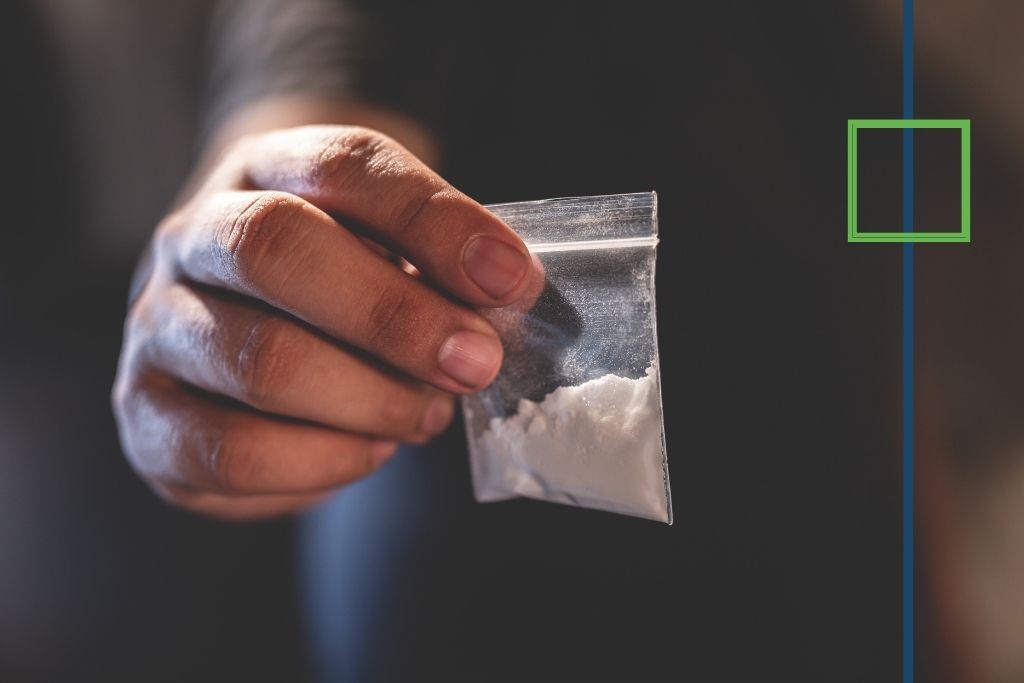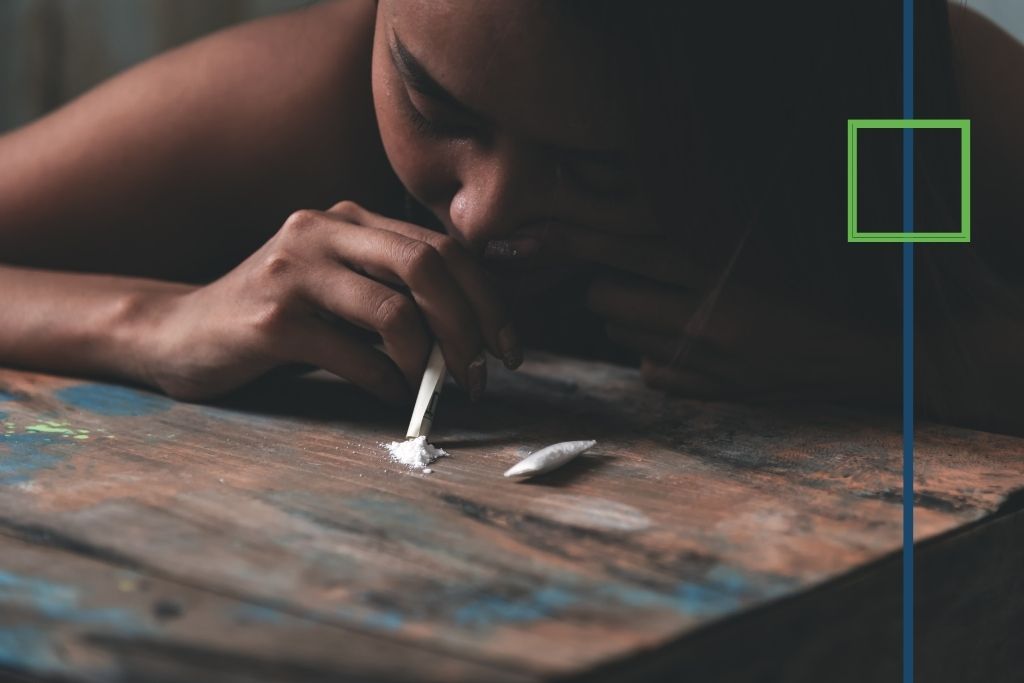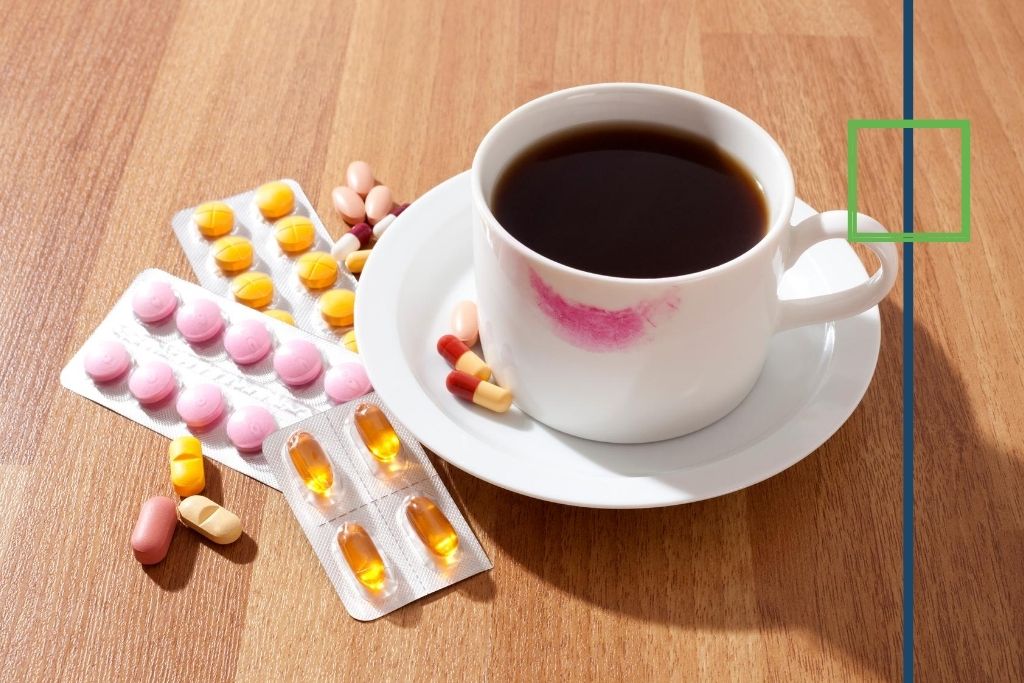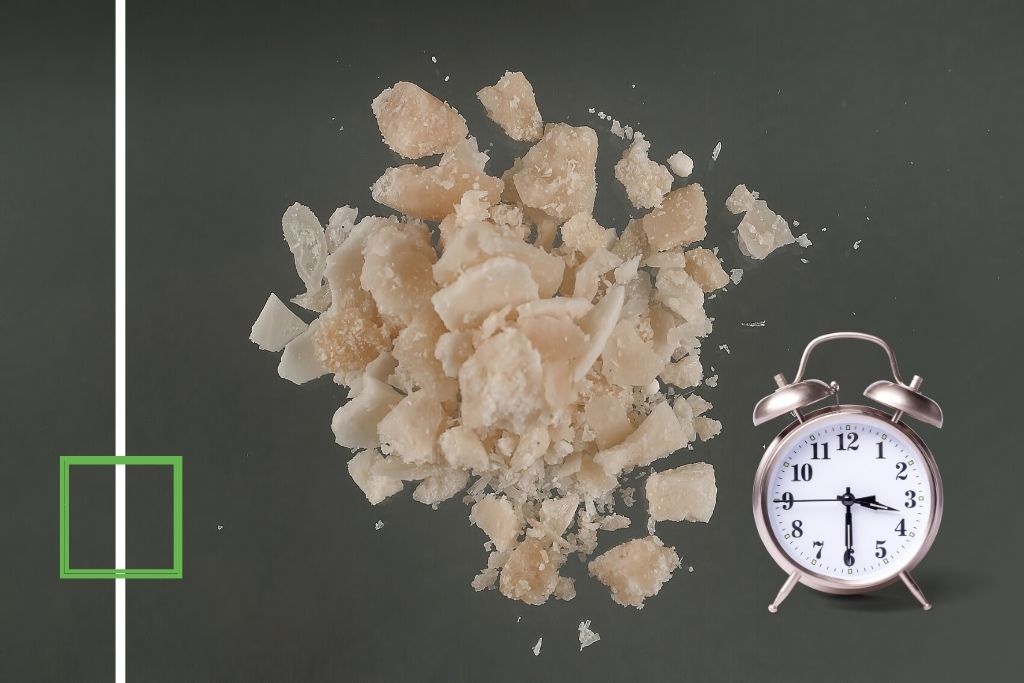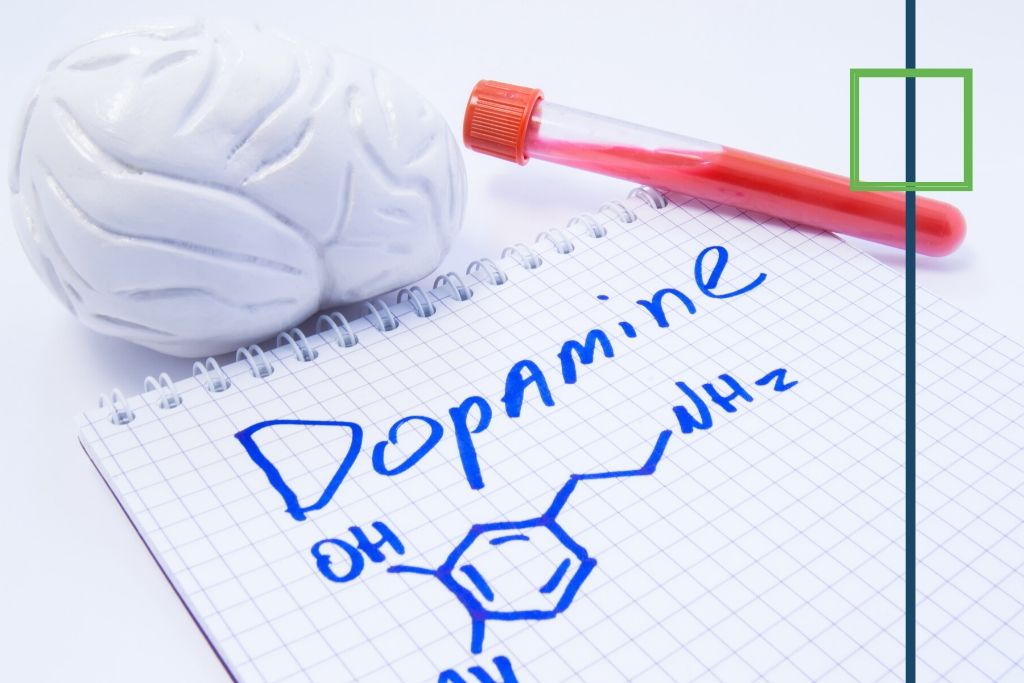Are you or a loved one suffering from cocaine addiction? If so, our drug rehab center can help you understand what treatment involves and how to kick this addiction.
Understanding Cocaine Addiction
Cocaine is a highly addictive substance that is often used in conjunction with other harmful substances. Alcohol is a common substance that addicts use in conjunction with cocaine because alcohol is a downer and cocaine is a stimulant that gives a boost of energy and a euphoric high. As the euphoric effects of cocaine begin to wear off, a craving for more starts to intensify. The addictive nature and common connection with polydrug use are some of the major factors as to why it is important to seek professional treatment for cocaine addiction.
Cocaine Detox at Level Up Lake Worth
Mixing Cocaine & Alcohol
Cocaine is referred to as an upper as it creates a euphoric high and increase the users heart rate. This effects of cocaine give the user a boost of energy. Alcohol, on the other hand, is a downer/depressant. It slows your heart rate and reduces inhibitions. Combined, the two drugs can cause changes in behavior as well as pontentially serious side effects. Detox treatment may be approached differently if these substances are used in tandem so it is important to tell your provider if this is the case. Learn more about mixing cocaine and alcohol.
Treating Cocaine Addiction
When it comes to treating any addiction, there are 3 main types of therapy. The first is behavioral therapy, the second it medication, and the third is alternative therapies. The first of these, behavioral therapy, is the most common form of treatment for cocaine addiction.
Behavioral Therapy
The term behavioral therapy is used to refer to a group of types of therapy that aim to change an individual’s behaviors for the better. Contingency Management (CM) and Cognitive Behavioral Therapy (CBT) are the two specific behavioral therapies that rehab programs use for cocaine addiction treatment.
- Contingency Management: Also referred to as motivational incentives, CM is a form of positive reinforcement used to encourage healthy behaviors and choices. Typically, when the client does things like passing a drug test or attending a therapy session, they are able to earn items that are fun and healthy. Items may include movie tickets, restaurant vouchers, and sessions for fitness classes. This type of therapy is particularly successful for clients in community rehab programs who are trying to abstain from using.
- Cognitive Behavioral Therapy: CBT is often combined with other types of treatment, but is great for long-term sobriety. In a CBT program, a client is taught to identify and avoid situations where they are more likely to use cocaine, or whatever their drug of choice is.
In addition to behavioral therapies, placement in a therapeutic community is an option for those who struggle with cocaine abstinence. Residential therapeutic communities are often recommended to those who have been unsuccessful with outpatient treatment or who do not have a suitable home environment to support recovery.
Community-based recovery groups, such as Narcotics Anonymous, are groups that can offer long term support outside of residential treatment. These types of meetings are often included as part of an aftercare plan.In many cases, a little support goes a long way.
Pharmaceutical Treatment
There are a number of medications that have been shown promise in helping stop cocaine use as well as prevent relapse. Propanolol is a beta-blocker that when used in cocaine withdrawal has been shown to reduce anxiety and hypertension. Baclofen, Tiagabine, Topiramate, Disulfiram, Modafinil, and TA-CD are all drugs that are shown to help in relapse prevention. Although studies are promising for these medications, unfortunately, none of them are approved by the FDA for the treatment of cocaine addiction. This means that you must be a part of a clinical trial in order to receive them as a part of your treatment.
The absence of an FDA approved medication is the reason that treatment facilities rely heavily on behavioral therapy and alternative therapies for cocaine addiction treatment.
Alternative Treatments
Alternative Therapies are an important aspect of any holistic addiction treatment plan, even cocaine rehab. Therapies such as acupuncture and yoga can help reduce anxiety during the cocaine detox process and throughout the recovery process. Many recovering addicts even incorporate some of these treatments into their aftercare.
Learn more about alternative treatment methods offered at Level Up.
Seek Treatment for Cocaine Addiction
Break your addiction to cocaine today. Get started on your road to recovery with the help of our experienced addiction treatment professionals. Call us at 877-219-2888!
